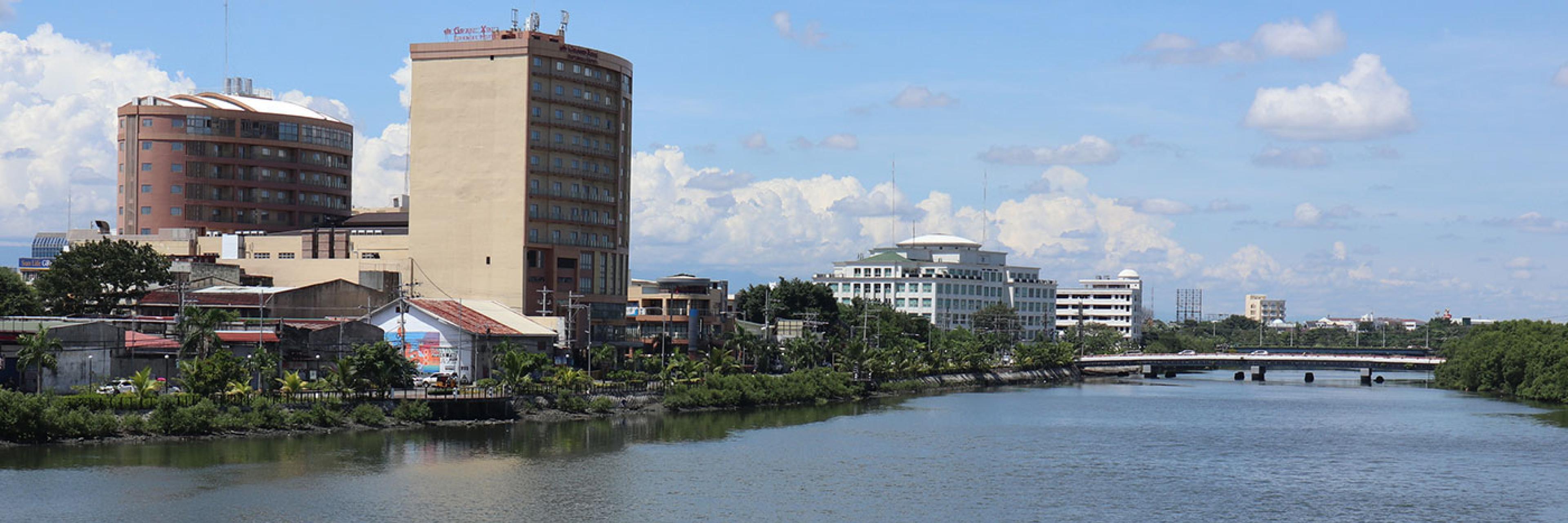
Climate Justice and Local Democracy in Iloilo Batiano River Basin
There are two types of disruption that we are focusing on, the regular disruption affecting the communities due to climate change adaptation policies and projects of the national and city government, and the major disruption caused by typhoon Frank in 2008 which devastated the Province and the City of Iloilo.
Rationale
According to the 2014 report of the Department of Environment and Natural Resources, the Iloilo Batiano River Basin confronts the problem of flooding, waste water and solid waste management, erosion, and landslide. Local and national government policies addressing these concerns disrupt the riverine communities because of the need for infrastructure works and relocation of some settlements.
In 2008, about 80% of the entire city was underwater and around 50,000 families in the entire province was affected by typhoon Frank. This disaster resulted to many damages in the lives and properties of riverine communities in the Iloilo Batiano River Basin area. The typhoon itself, and the response to this disruption coming from the government and other sectors are worthy of closer study in terms of how they affected the climate justice initiative and state of local democracy in the communities.
The proposed case study is significant because it will examine the nexus between climate justice and local democracy in the riverine communities. The proposed revitalization approach will attempt to develop a mechanisms which emphasize that addressing the concerns of the riverine communities are not only corrective or reactive but progressive as well, for example by organizing communities networks and alliances. The focus on climate justice and local democracy, and the development of mechanisms to make these a major part of managing riverine communities can provide lessons to other areas were community and government interactions are confronting conflicts and are too hierarchical to be democratic.
Strategy
The team will work with the communities, academics, NGOs, and local authorities to trace the social and physical history of the river. In particular, the mapping can focus on major physical changes in the river, and the episodes and areas of tension among various users of the resources. It will also document the response of the actors in responding to these tensions.
Methods
The team will conduct an archival and ethnographic research, more specifically by reviewing the history of the communities' interaction with various actors during the period of routine and major disruptions. We will document the narrative of community members and local officials to reveal the issues of social justice, and the practices and patterns of local democracy. The outputs will be produced as journal articles, policy papers, and as oral presentations.